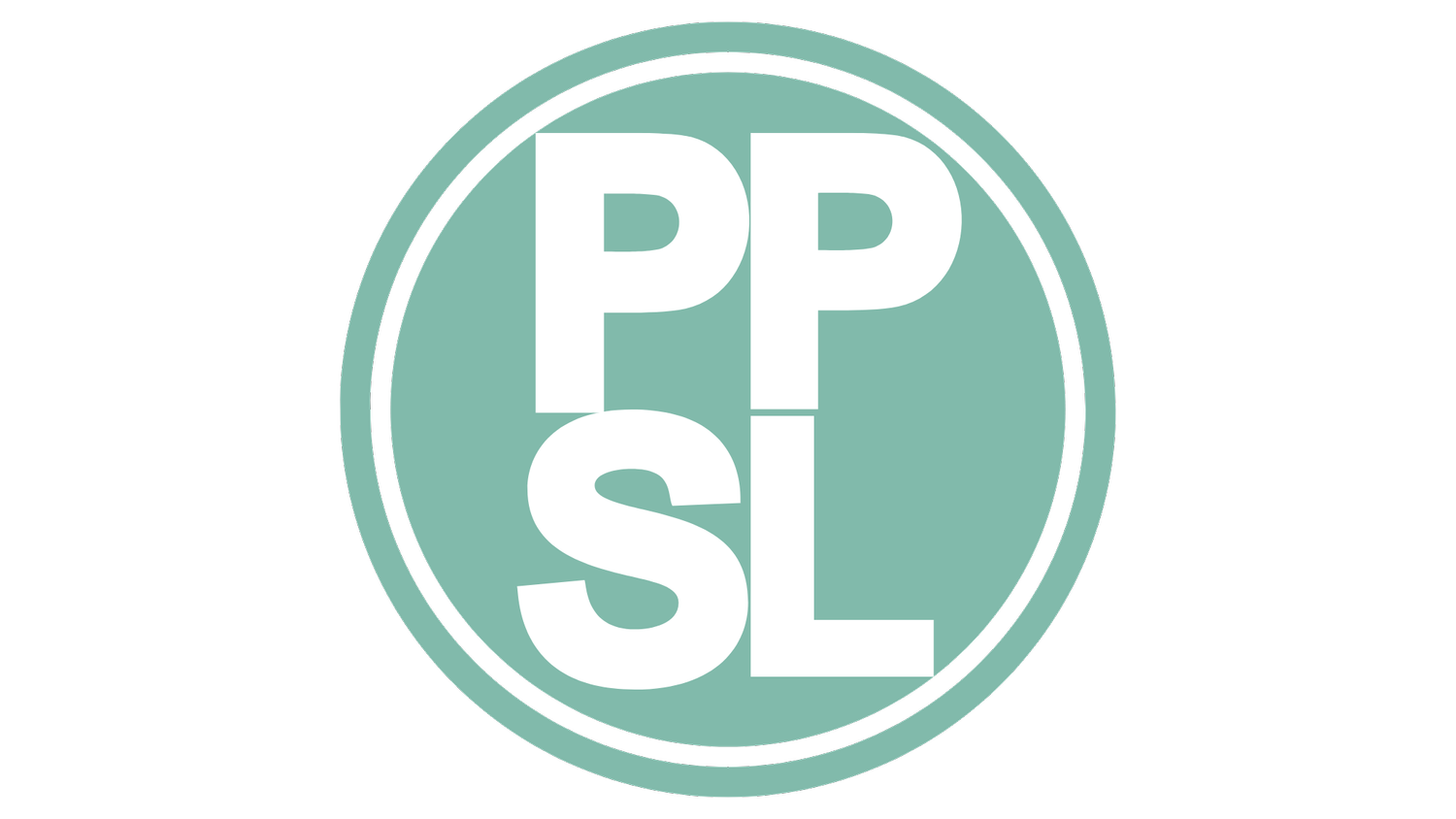Project files brief in support of challenge to repeal of gainful employment rule | Press Release
“By leaving the repeal of this rule in effect, the Department of Education is leaving the door open for scammers to continue misleading students and enrolling them in failing programs.”
BOSTON – Today, the Project on Predatory Student Lending filed a brief in support of the Plaintiffs’ position in American Federation of Teachers, et al. v. Cardona, a lawsuit challenging the U.S. Department of Education’s 2019 repeal of the gainful employment rule. The gainful employment rule is a critical accountability rule that protects student borrowers by mandating disclosures and cutting off federal aid to programs that leave students with unsustainable debt in light of their earnings.
Although the repeal was initiated under the tenure of former Secretary of Education Betsy DeVos, the Department is currently asking the court to leave the repeal in effect while it undertakes a lengthy rulemaking process to initiate a new gainful employment regulation.“The gainful employment rule is essential to holding predatory schools accountable and ensuring that students aren’t saddled with unlawful debt, a worthless degree, and no job prospects,” said Eileen Connor, director of the Project on Predatory Student Lending. “By leaving the repeal of this rule in effect, the Department of Education is leaving the door open for scammers to continue misleading students and enrolling them in failing programs.”Along with the Housing and Economic Rights Advocates, the Project filed this brief to explain why such a move would undermine the integrity of the administrative process, and to emphasize the harm that students have and will continue to experience because of the repeal of the gainful employment regulation. Hundreds of thousands of students are enrolled in programs that would otherwise be ineligible.
The outcome for these students is dire, and avoidable. For example, Kareem Britt enrolled in a failing program at Florida Career College. He has thousands of dollars of debt and is working as a hotel cook—the same job he had before started at FCC. Former students of the Art Institutes, ITT Tech, DeVry, and other schools have shared their negative experience at programs that the gainful employment rule is designed to eliminate. Like Andrea Smith, they speak of having nothing to show for their education but wasted time, terrible credit, and financial instability. Even having had some of the information that the gainful employment rule requires schools to disclose to prospective students could have prevented their enrollment.
The Project and HERA are represented by Gupta Wessler PLLC. Plaintiffs in AFT v. Cardona are represented by Student Defense.
About the Project on Predatory Student Lending
Established in 2012, the Project on Predatory Student Lending of the Legal Services Center of Harvard Law School represents former students of the predatory for-profit college industry. Its mission is to litigate to make it legally and financially impossible for the for-profit college industry to cheat students, and to relieve borrowers from fraudulent student loan debt. The Project has brought a wide variety of cases on behalf of former students of for-profit colleges. It has sued the federal Department of Education for its failures to meet its legal obligation to police this industry and stop the perpetration and collection of fraudulent student loan debt.
